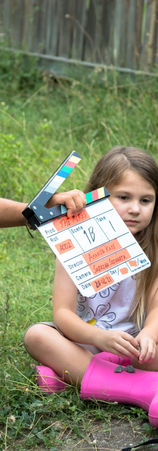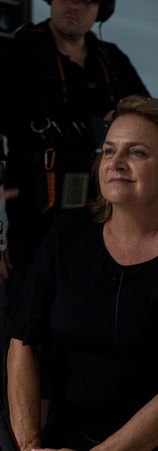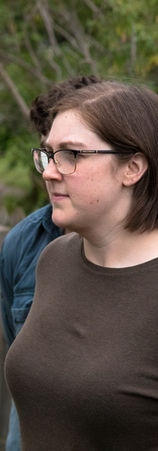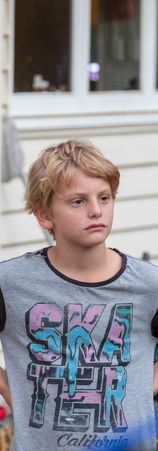top of page


.png)




.png)
A FILM BY
Amanda Kaye
A CONTINUANCE PICTURES PRODUCTION
In Association with GRIFFITH FILM SCHOOL
A raw portrayal of maternal regret
“This film deeply captured the feeling of estrangement and alienation being felt by a mother from within and outside when she doesn't fit what is expected from her.”
Dr. Orna Donath
Doctor of Sociology & Author of “Regretting Motherhood”
WRITER & DIRECTOR:
Amanda Kaye
PRODUCERS:
Amanda Kaye
EXECUTIVE PRODUCERS:
Peter Hegedus Tristan Barr,
David Gim & Shih -YinJudy Yeh
DIRECTOR OF PHOTOGRAPHY:
Sabrina Sidharta
SOUND DESIGNER:
Peter Kurucz
EDITOR:
Shih -YinJudy Yeh
COMPOSER:
Tim Pitchford
STARRING
Olivia Kodette & Willow Viney
SUPPORTING ACTORS
Jordan Abbey-Young, Vivien Whittle
Katy Charles Otto & Georgie Pilling
SYNOPSIS
FORMAT
Short Film
RELEASE YEAR
2023
DURATION
9mins
GENRE
Drama
Marnie, a struggling young mother, believes that her depression and inability to bond with her child will vastly improve if she leaves her boyfriend. But as she tries to be a single mother Marnie is confronted by society's view of what a picture perfect mother should be, making both her and her daughter come to a harsh and unacceptable realisation.
Production Stills and Behind the Scenes
bottom of page




















